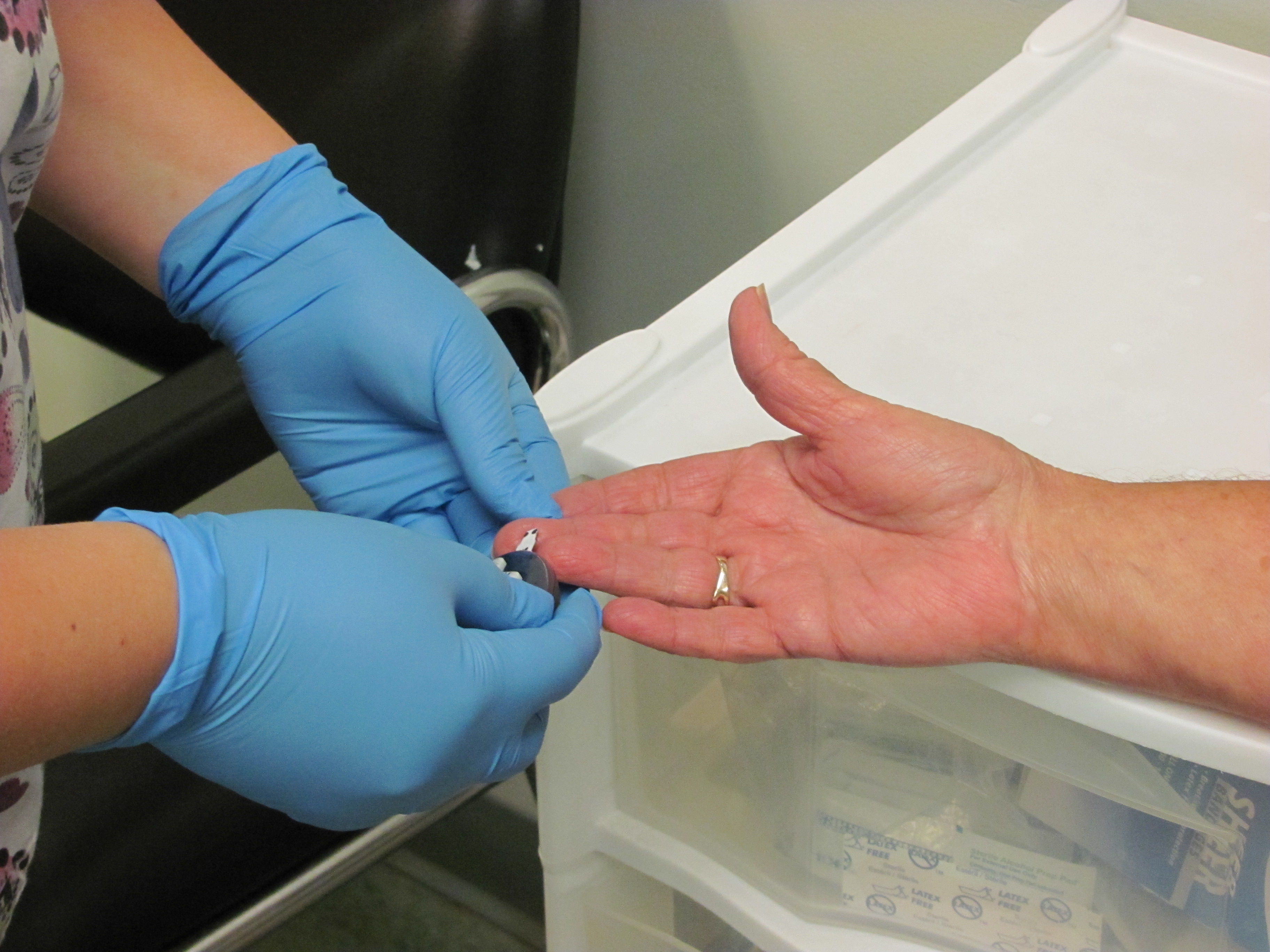Elevating Care: The Transformative Power of Outpatient Nursing Services
In recent years, the landscape of healthcare has evolved significantly, placing increased emphasis on patient-centered approaches. Outpatient nursing services have emerged as a pivotal component of this transformation, providing essential care outside of traditional hospital settings. This shift not only enhances accessibility for patients but also improves overall health outcomes by allowing individuals to receive tailored care in the comfort of their own environments.
Outpatient nursing services encompass a wide range of support, from routine check-ups to specialized treatment for chronic conditions. By focusing on proactive management and education, these services empower patients to take an active role in their health journey. The transformative power of outpatient nursing lies in its ability to bridge gaps in healthcare, offering personalized attention that fosters continuity and strengthens the patient-nurse relationship. This approach not only alleviates the pressures on hospital systems but also prioritizes the individual needs of patients, making healthcare more responsive and humane.
Benefits of Outpatient Nursing Services
Outpatient nursing services offer a range of advantages that significantly enhance patient care. One of the most notable benefits is the increased accessibility to healthcare. Patients can receive professional medical attention in the comfort of their own homes or local outpatient centers, reducing the need for hospital admissions. This convenience often leads to better adherence to treatment plans and follow-up appointments, ultimately improving patient outcomes.
Another key benefit is the personalized care that outpatient nursing services provide. Nurses are able to focus on individual patient needs, administering tailored treatments that consider each person's unique health history and circumstances. This individualized approach fosters stronger nurse-patient relationships, leading to enhanced communication and trust. As a result, patients often feel more involved in their care, which can lead to greater satisfaction and adherence to prescribed therapies.
Lastly, outpatient nursing services contribute to reduced healthcare costs for both patients and the healthcare system. By minimizing the need for hospital stays and emergency room visits, these services not only save patients money but also alleviate some of the financial burdens on healthcare facilities. This cost-effectiveness allows resources to be allocated more efficiently, ultimately enabling better healthcare delivery to those who need it most.

Key Innovations in Outpatient Care
The landscape of outpatient nursing services has been significantly transformed by advancements in technology. Telehealth has emerged as a game changer, allowing nurses to provide care remotely through video consultations and mobile apps. This innovation not only increases access to care for patients in rural or underserved areas but also optimizes the management of chronic illnesses. With remote monitoring devices, nurses can track patients' vital signs and health data in real-time, resulting in timely interventions and improved patient outcomes.
Another critical innovation is the integration of data analytics into outpatient nursing services. By utilizing patient data and analytics tools, healthcare providers can identify trends, predict health risks, and personalize care plans. This data-driven approach enhances the decision-making process for nurses, enabling them to deliver tailored interventions that address individual patient needs. Moreover, predictive analytics can help anticipate hospital readmissions, thereby improving patient care continuity and reducing overall healthcare costs.
Collaboration and interdisciplinary care models have also reshaped outpatient nursing services. By working closely with physicians, specialists, and other healthcare professionals, nurses can facilitate comprehensive care that addresses various aspects of a patient's health. This collaborative approach fosters better communication and coordination, ultimately leading to enhanced patient experiences and outcomes. As outpatient care continues to evolve, such innovations will play a vital role in ensuring high-quality, accessible nursing services for all patients.
Patient Experience and Outcomes
The integration of outpatient nursing services greatly enhances the overall patient experience. By providing care in a more familiar and comfortable setting, patients often report feeling less anxious and more in control of their health. Outpatient nurses foster strong relationships with patients, allowing for personalized care plans that are tailored to individual needs. This holistic approach helps to create a supportive environment where patients feel heard and valued.
Moreover, the accessibility of outpatient nursing services leads to improved health outcomes. With regular follow-ups and monitoring, nurses can catch potential issues early and intervene before they escalate. This proactive approach not only improves the management of chronic conditions but also reduces hospital readmissions, thereby contributing to better overall health. pflegeteam-niendorf.de appreciate the promptness of care provided, which can lead to greater adherence to treatment regimens and lifestyle modifications.
Ultimately, the patient-centered focus of outpatient nursing services leads to higher satisfaction rates. Patients express gratitude for the continuity of care and the individualized attention they receive, which plays a significant role in their recovery journey. By prioritizing patient needs and enhancing communication, outpatient nursing services empower individuals to take charge of their health, resulting in positive outcomes and a stronger commitment to their well-being.